8 charts that show why life is still harder and more dangerous for women
It will take an estimated 118 years for the gender pay gap to close, according to the World Economic Forum
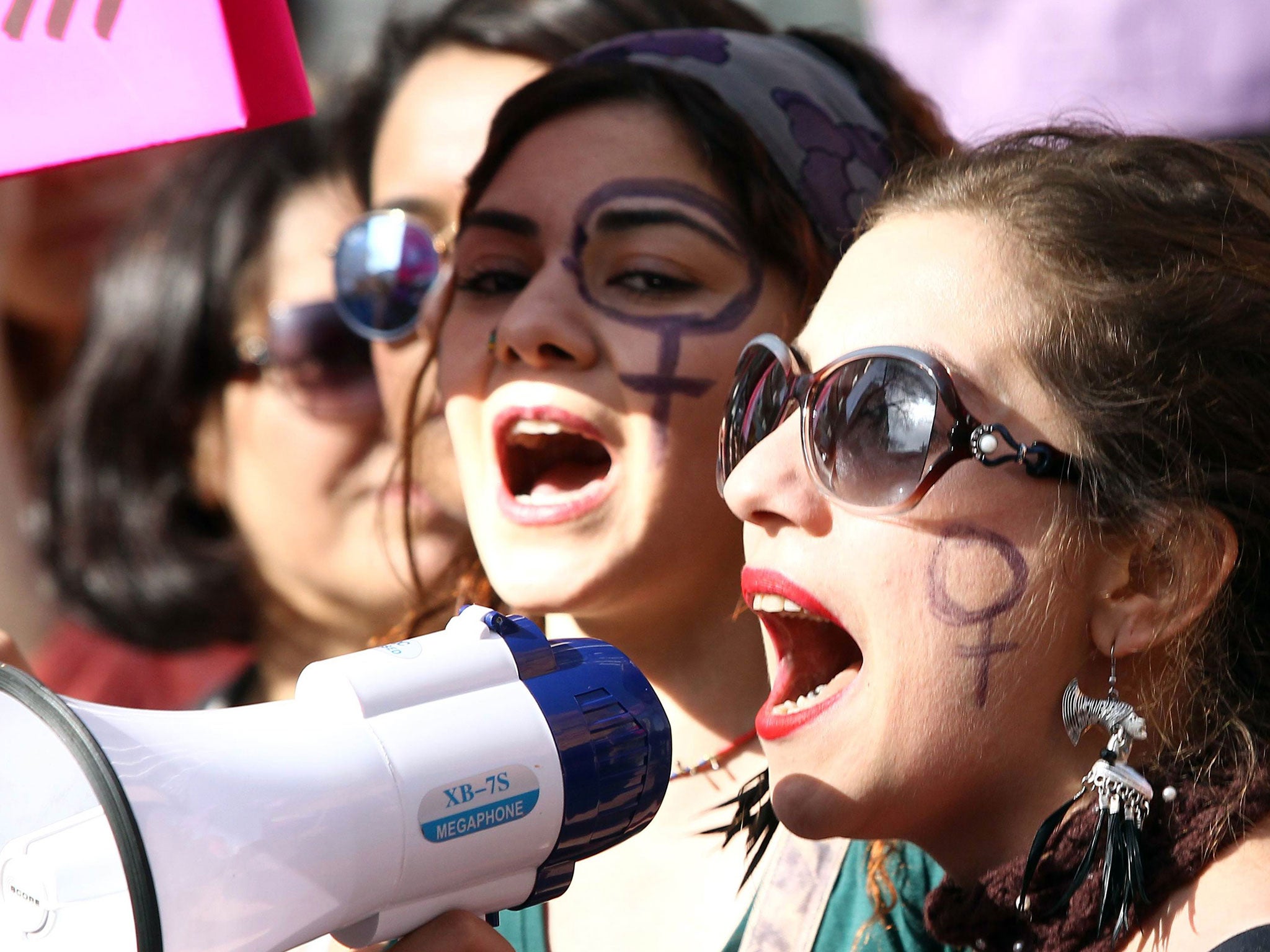
Your support helps us to tell the story
From reproductive rights to climate change to Big Tech, The Independent is on the ground when the story is developing. Whether it's investigating the financials of Elon Musk's pro-Trump PAC or producing our latest documentary, 'The A Word', which shines a light on the American women fighting for reproductive rights, we know how important it is to parse out the facts from the messaging.
At such a critical moment in US history, we need reporters on the ground. Your donation allows us to keep sending journalists to speak to both sides of the story.
The Independent is trusted by Americans across the entire political spectrum. And unlike many other quality news outlets, we choose not to lock Americans out of our reporting and analysis with paywalls. We believe quality journalism should be available to everyone, paid for by those who can afford it.
Your support makes all the difference.Women still earn less than men across all sectors and occupations, hold just a fifth of global parliamentary seats and face an estimated 118-year wait for the gender pay gap to finally close.
Those are some of the startling statistics showing how desperately initiatives to improve education, health and quality of life as International Women’s Day approaches.
Sexual abuse
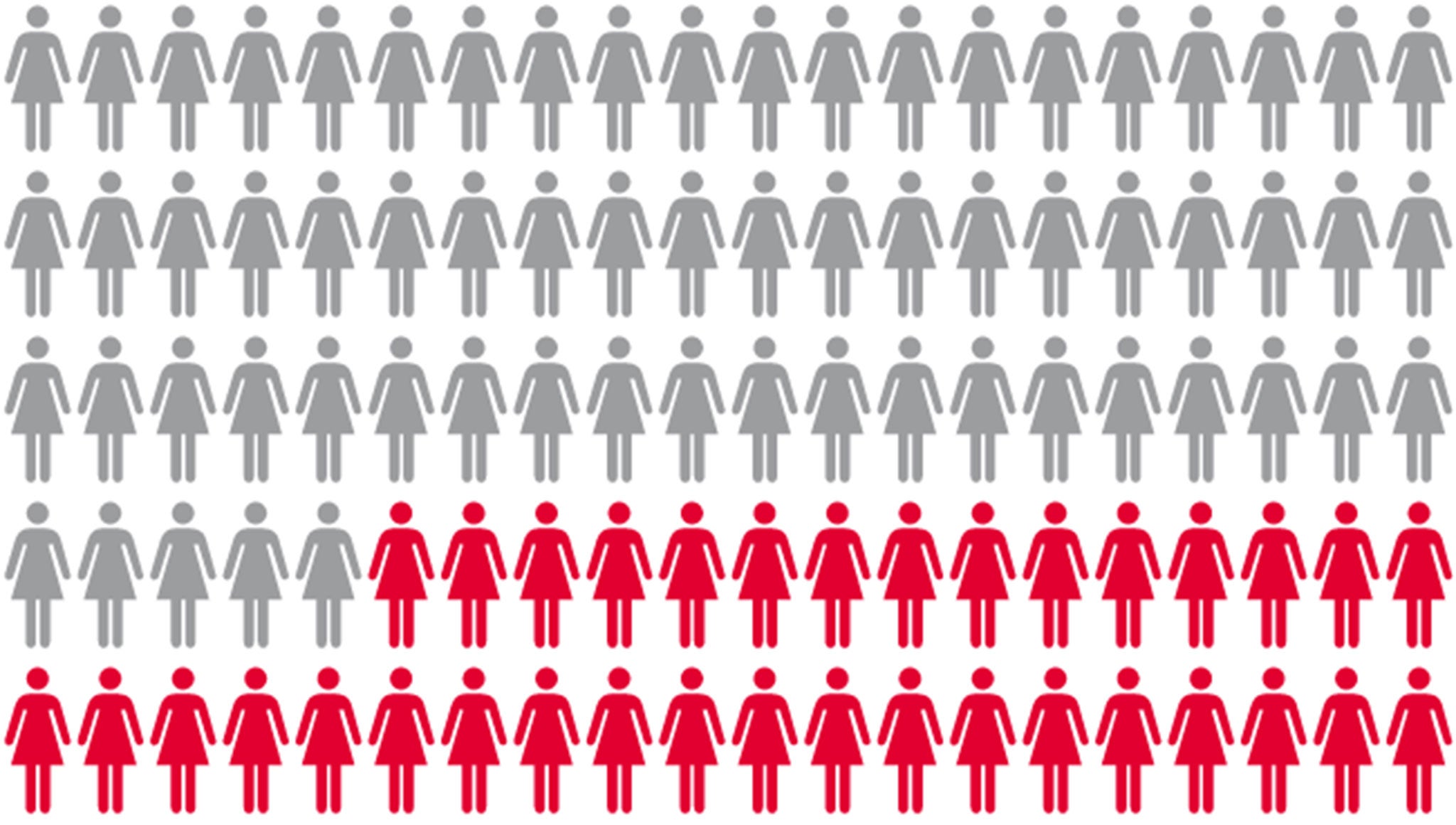
More than a third of women worldwide have experienced physical or sexual violence at some point in their lives.
The most common form is domestic violence or attacks by current or previous partners, which occur most frequently between a woman’s teenage years and menopause.
Additionally, at least 46 countries have no laws protecting women against domestic violence and many nations that do enforce them poorly.
Child sex abuse
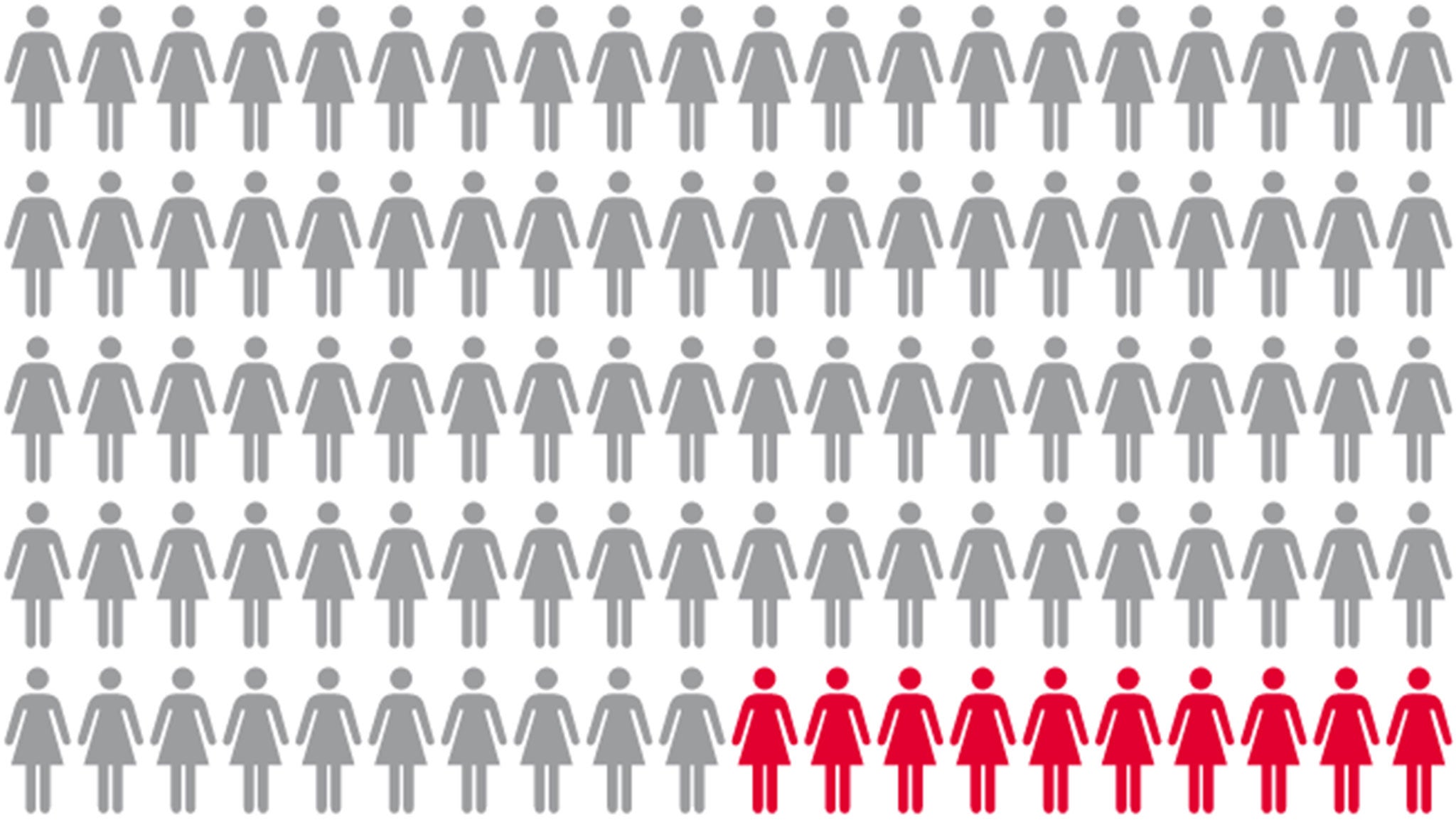
An estimated 120 million girls and women under age 20 have been subjected to forced sexual intercourse or other forced sexual acts – around 10 per cent.
A Unicef report found that the violence was a “global reality” across all countries and social groups that could include harassment, rape or sexual exploitation in prostitution or pornography.
“The true magnitude of sexual violence is hidden because of its sensitive and illegal nature,” the agency warned.
“Most children and families do not report cases of abuse and exploitation because of stigma, fear, and lack of trust in the authorities.”
Illiteracy
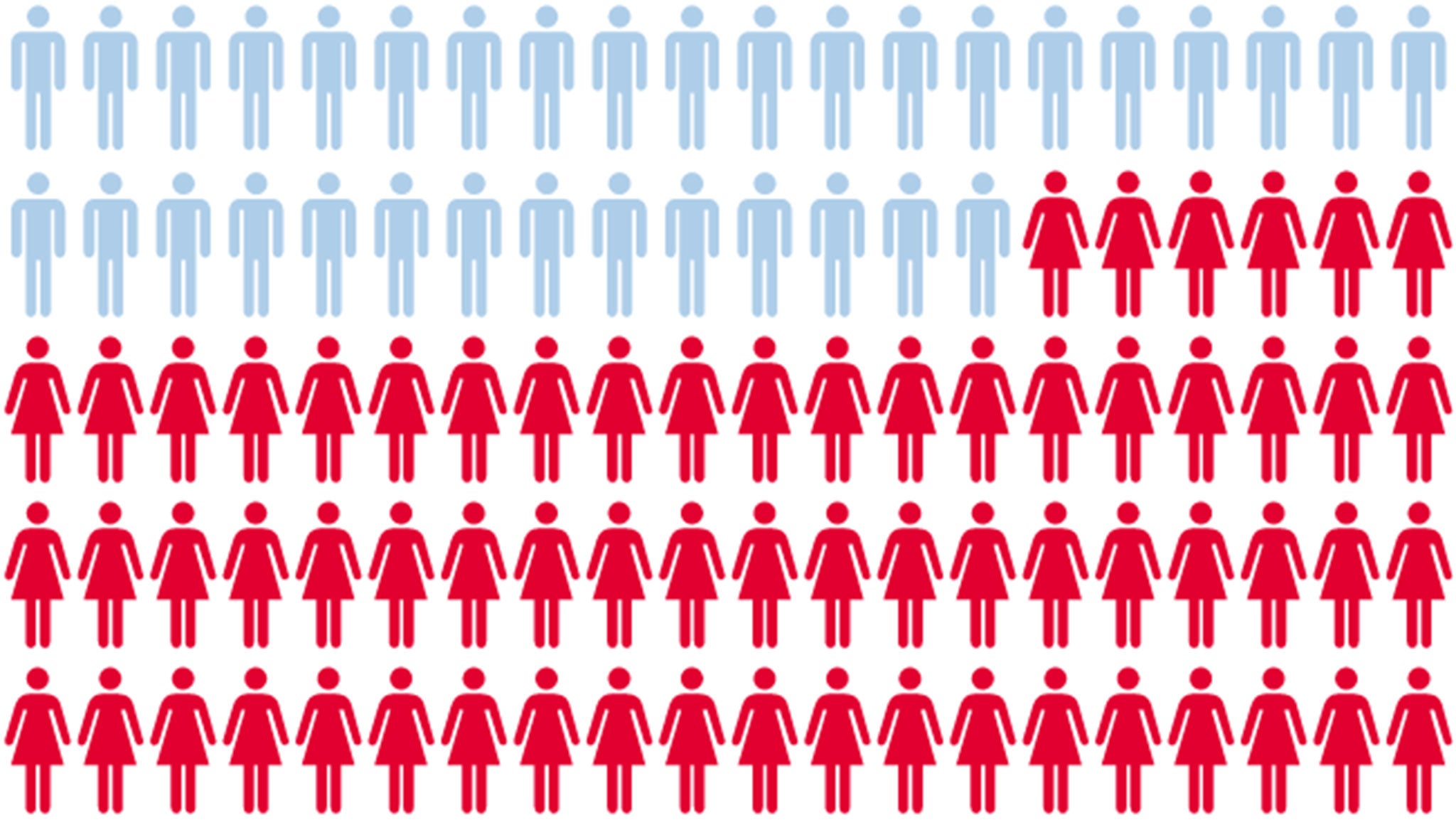
Almost two thirds of illiterate adults are women and the proportion has remained unchanged for two decades.
The vast majority of older women in Northern Africa, sub-Saharan Africa and Southern Asia are illiterate, according to UN statistics.
While “remarkable progress” in education has been seen in the last 20 years, girls are still underrepresented globally in secondary schools and universities, particularly in developing countries.
Political representation
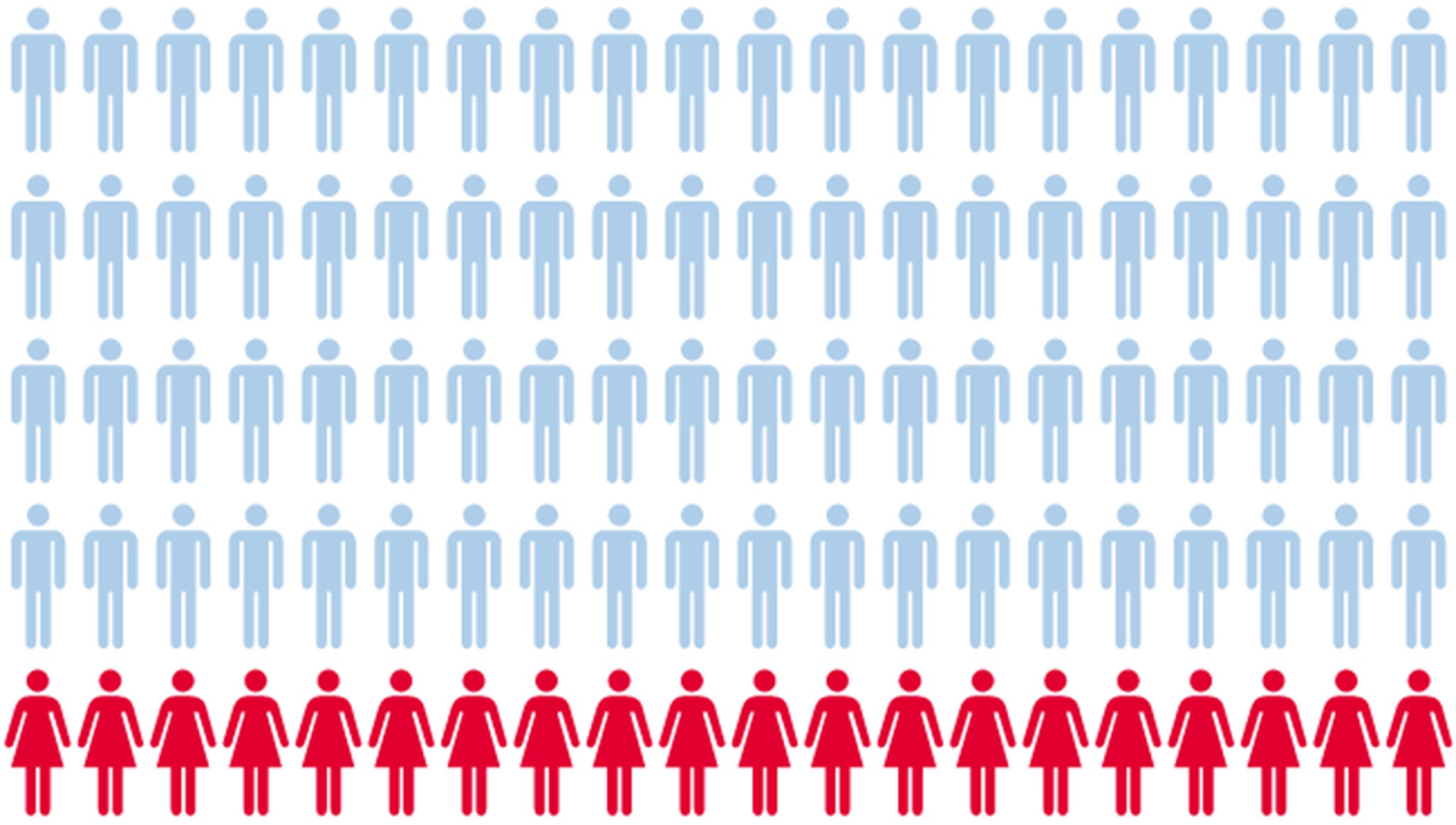
Worldwide, only around a fifth of parliamentary seats are held by women and there were only 19 female heads of state or government in 2014 – just seven more than in 1995.
The proportion of the world’s cabinet ministers who were women nearly tripled between 1994 and 2014, yet remains low at 17 per cent, according to the UN.
“The use by some countries of gender quotas has improved women’s chances of being elected,” a report noted. “Yet, once elected, few women reach the higher echelons of parliamentary hierarchies.”
Management
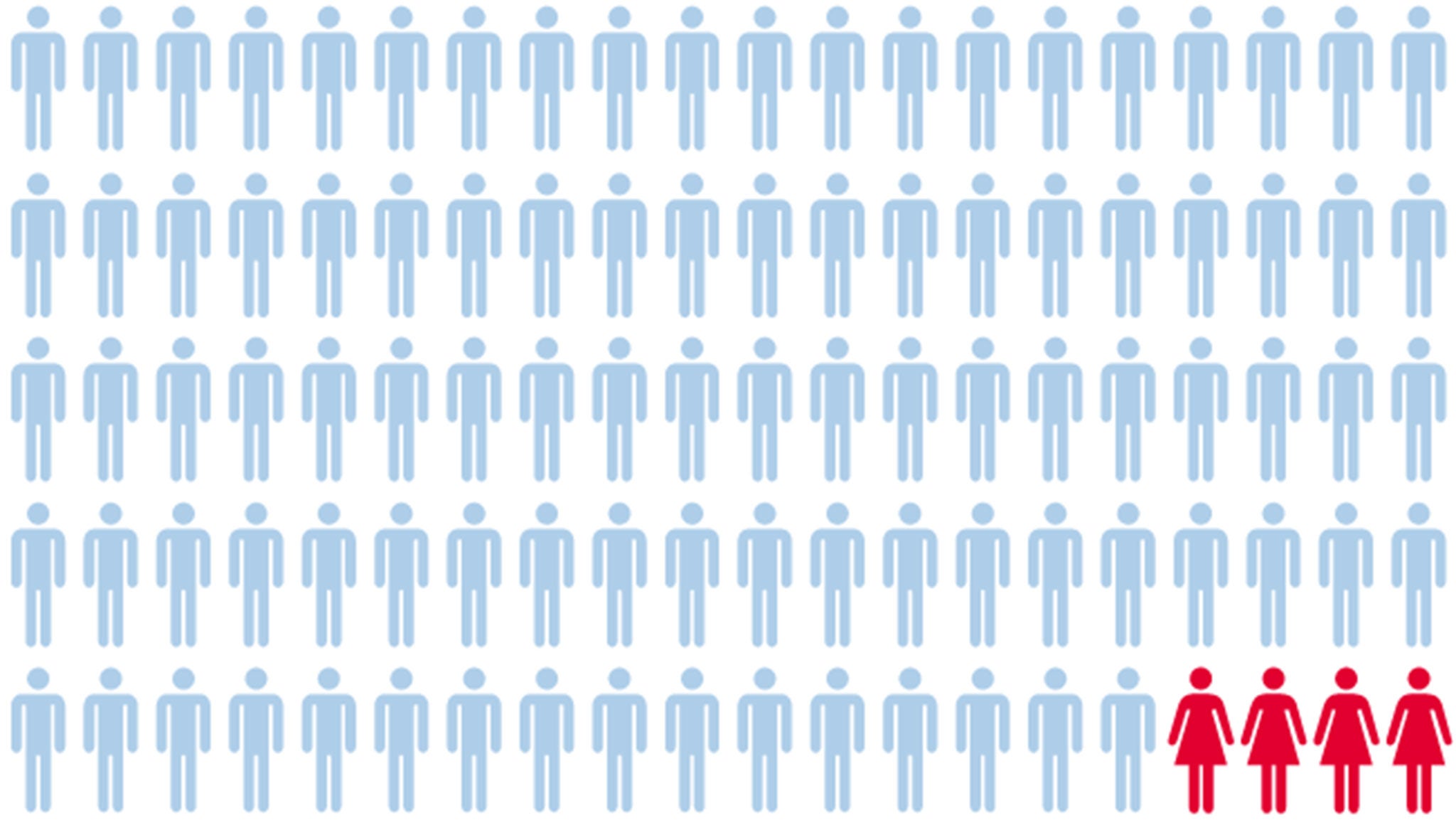
In the private sector, fewer than 4 per cent of CEOs leading the worlds 500 major corporations are women.
Meanwhile, female representation amongst corporate managers, legislators and senior officials ranges between 21 per cent in Africa and 37 per cent in Latin America and the Caribbean.
Women remain severely underrepresented in the highest decision-making positions developed countries and while data from developing regions is scarce, the situation is unlikely to be better.
“The underrepresentation of women is even more extreme in the private sector,” a UN report said.
“The glass ceiling appears to be most impenetrable in the largest corporations, which are still essentially male dominated, particularly at the level of CEO.”
Additionally, around 600 million women – 53 per cent of those working globally – are in jobs that are insecure and typically not protected by labour laws.
Wealth
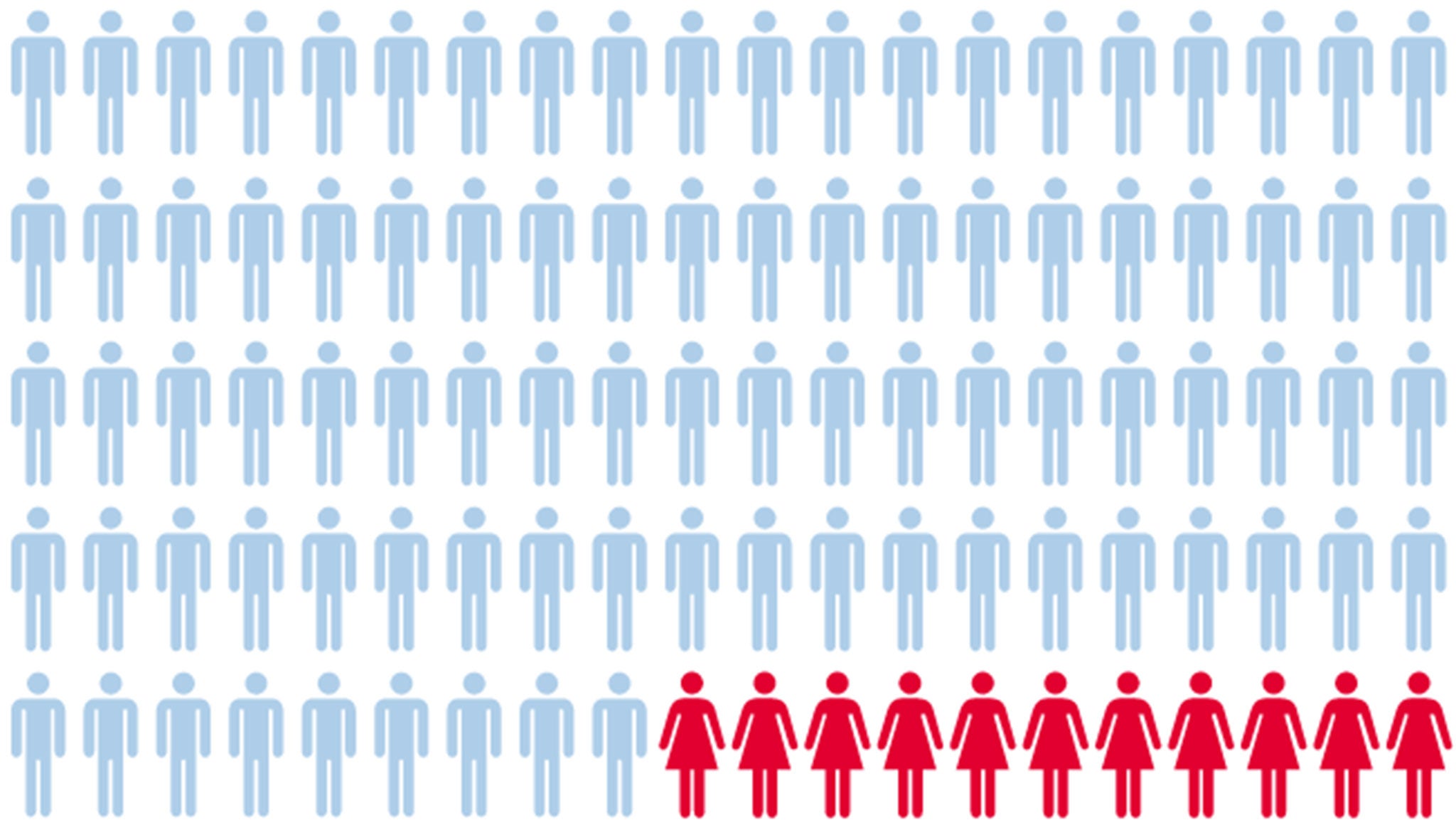
Women make up just 55 of the 500 richest people in the world, according to Forbes’ list of billionaires.
Oxfam research found that just 62 people currently own the same wealth as the poorest half of the world’s population combined – and just nine of them are women.
On average, women still earn less than men across all sectors and occupations, with women working full-time earning between 70 per cent and 90 per cent of equivalent male salaries, according to the UN.
Gender pay gap
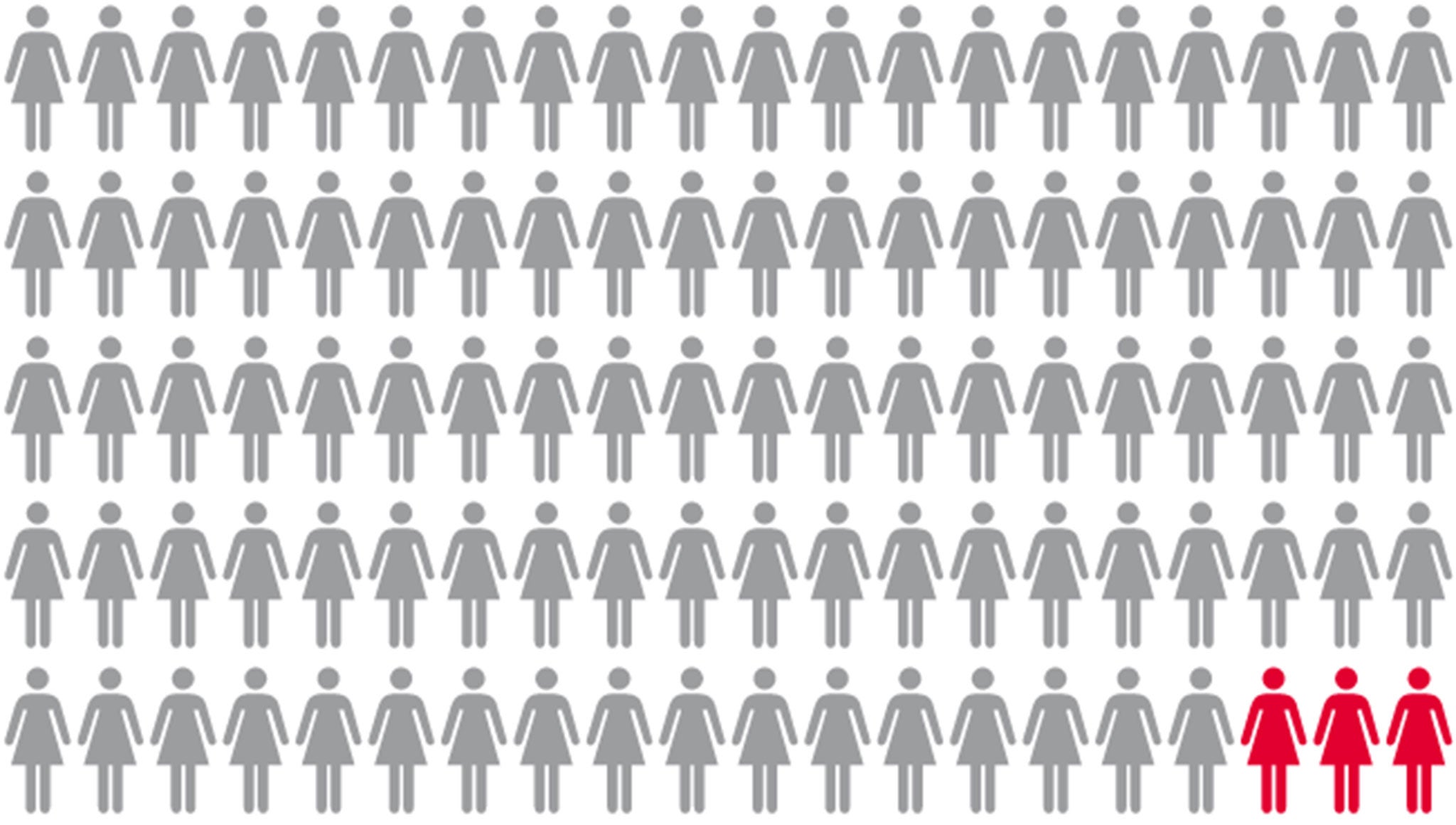
The global gender gap across health, education, economic opportunity and politics has closed by only 4 per cent in the past 10 years, with the economic gap closing by just 3 per cent.
The World Economic Forum believes it will take another 118 years - or until 2133 - until the gulf is finally closed, saying progress has stalled in recent years despite more women entering the workplace.
Nearly a quarter of a billion more women are in the global workforce today than a decade ago but they are only now earning the amount that men did in 2006, data from the WEF's Global Gender Gap report says.
Nordic countries dominated the top places on its index, while Rwanda (6), Philippines (7) and New Zealand (10) were the only non-European countries in the top 10.
Household power
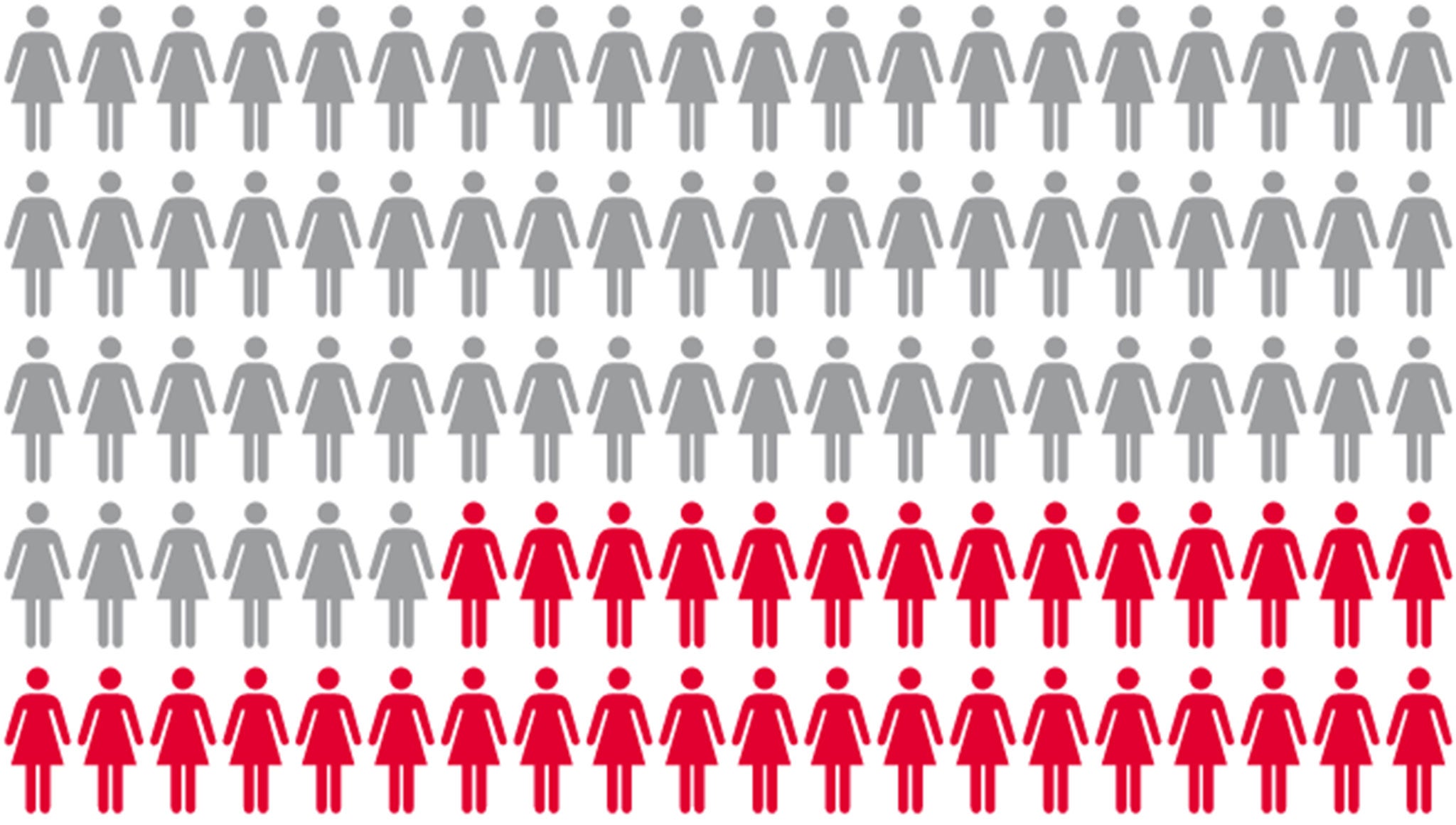
Around a third of women in developing countries are excluded from decisions on major purchases in their own homes, while around one in 10 married women are not consulted on how their own cash earnings are spent.
When both paid and unpaid work such as household chores and caring for children are taken into account, women work longer hours than men and spend between two and three more hours on unpaid work every day, according to UN figures.
Unpaid care work by women is estimated to be worth $10 trillion ($7 trillion).
Even in the UK, more than two thirds of women feel they do the bulk of housework and 28 per cent believe their partner does not do their fair share, according to an Oxfam survey.
UN Women, the United Nations agency for gender equality and empowerment, is attempting to accelerate progress towards goals set for 2030 with events in more than 40 countries on 8 March.
Ban Ki-moon, the UN Secretary-General, said he has been on a personal campaign to promote women and ensure their democratic representation in parliament’s across the world.
“We have shattered so many glass ceilings we created a carpet of shards,” he said. “Now we are sweeping away the assumptions and bias of the past so women can advance across new frontiers.”
Phumzile Mlambo-Ngcuka, UN Women’s executive director, urged women across the world to attempt to fight violence and discrimination.
“Each one of us is needed—in our countries, communities, organisations, governments and in the United Nations—to ensure decisive, visible and measurable actions are taken.”
Join our commenting forum
Join thought-provoking conversations, follow other Independent readers and see their replies
Comments